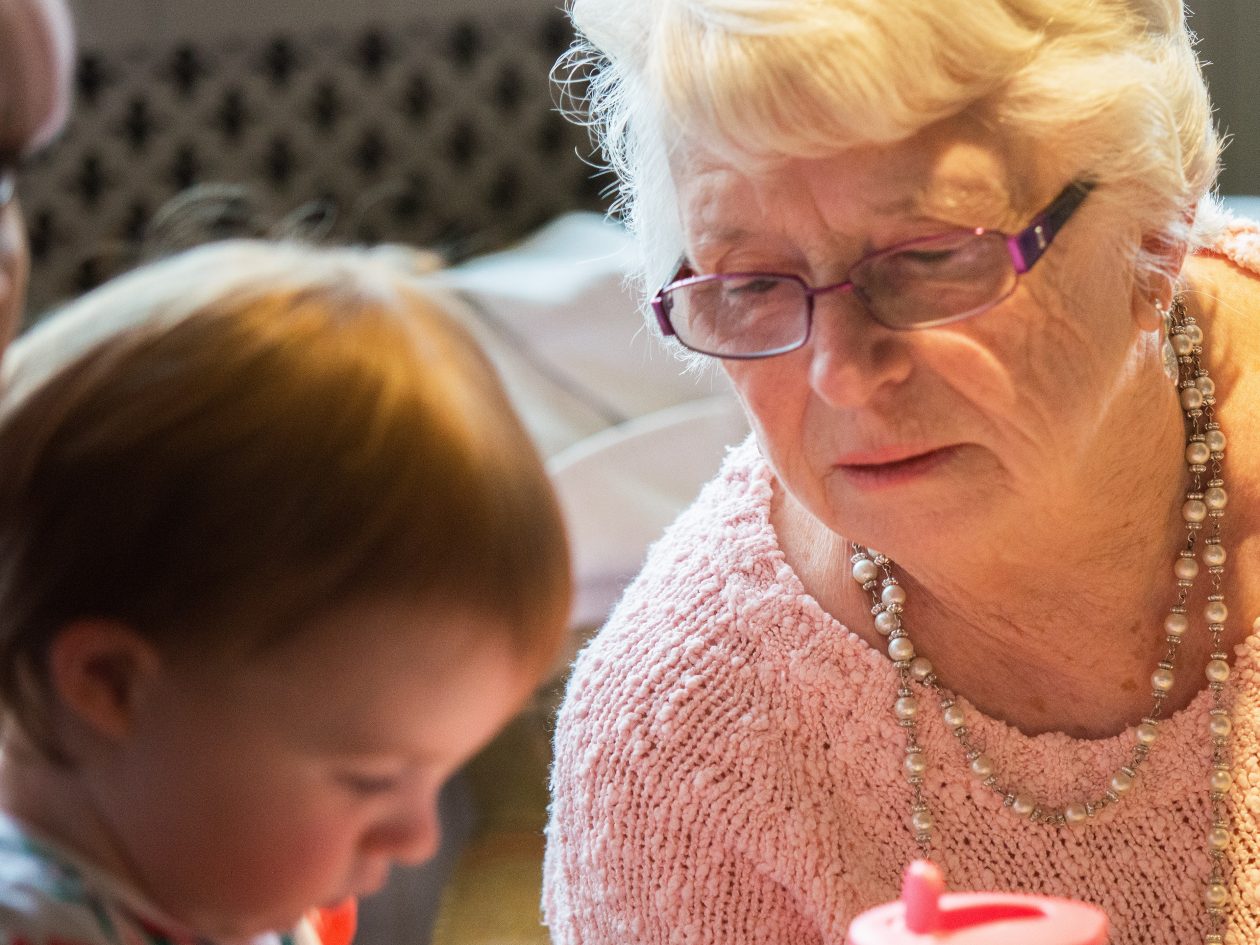The advantages passed on by grandparents to their grandchildren are over and above those passed on by their parents, according to a new large-scale social mobility study of three generations. Grandparents are shown to play an important role in shaping grandchildren’s life chances over their life courses, from formulating higher aspirations in adolescent years to securing higher educational and class positions in adult life.
The study by Dr Min Zhang from the Institute for Social and Economic Research at the University of Essex with Professor Yaojun Li from the University of Manchester, found that grandparents’ social class, independent of parental characteristics, has significant impacts on shaping grandchildren’s fortunes.
It’s the first systematic study of grandparental effects on occupational aspiration and educational and class attainment in contemporary Britain from a life-course perspective, and uses data from the British Household Panel Survey and its successor Understanding Society, the UK Household Longitudinal Study.
The research followed three generations of each family, until the grandchildren reached adulthood, looking at levels of education, employment status and home ownership.
The study found that young people with highly educated professional class grandparents were more than twice as likely to obtain higher education qualifications as children with manual working-class grandparents. The status of grandparents also impacts on job choices, with grandsons with self-employed grandads significantly more likely to be self-employed, even if their fathers are employees, described by the authors as “a very powerful influence of occupational inheritance exercised by self-employed grandparents, which manifests itself not only the new generation but over multiple generations.” Girls were similarly influenced but not by as a significant number.
Dr Min Zhang said: “Our study shows that grandparents’ class still affects grandchildren’s life chances in contemporary UK society just as earlier research showed for mid-20th century Britain and that the effects are manifested at different stages of the life course, from occupational aspiration as teenagers to educational attainment as young adults to occupational destination as adults.
“Among the many factors that might explain the persisting grandparental class effects, we would argue that increased life expectancy and accumulated resources among the grandparental generation are the main reasons. The fact that people now live longer lives means that grandparents could spend more time with and look after their offspring, making greater contributions towards their offspring’s achievement, such as babysitting, picking up from school, giving advice, engaging in recreational and educational activities, or providing financial support. Grandparents may also have human capital knowledge or symbolic influences on grandchildren’s attitudes, values and practices. ”
Family fortunes: The persisting grandparents’ effects in contemporary British society was published in Social Science Research
Volume 77, January 2019, Pages 179-192
